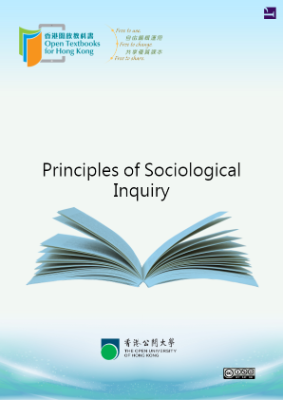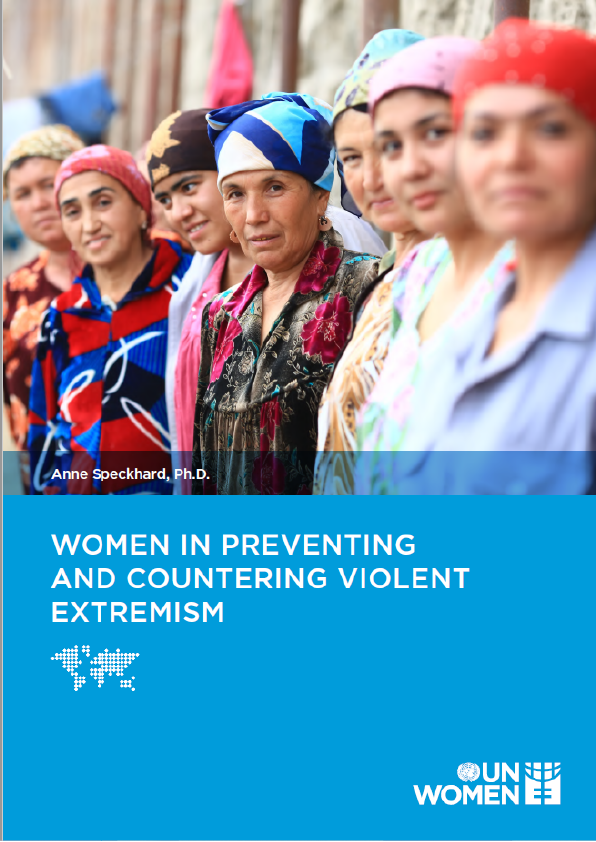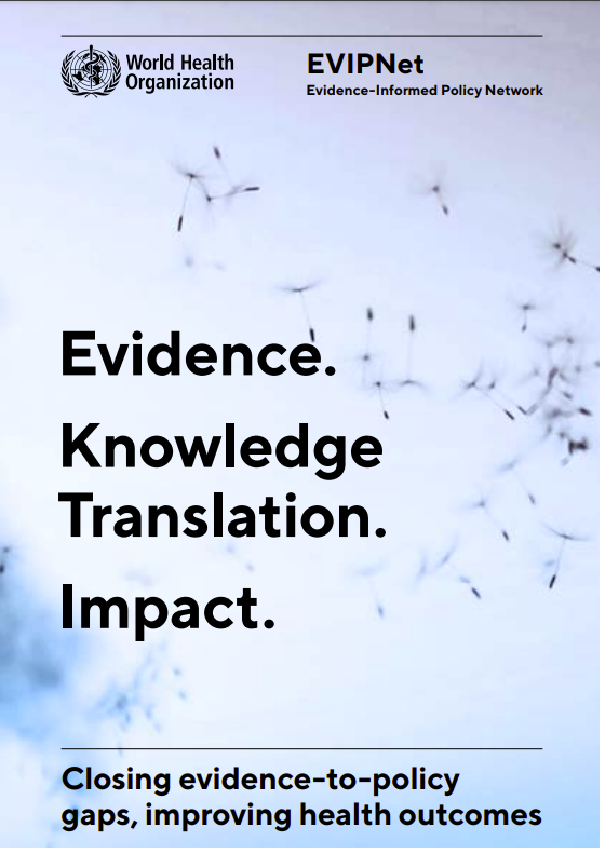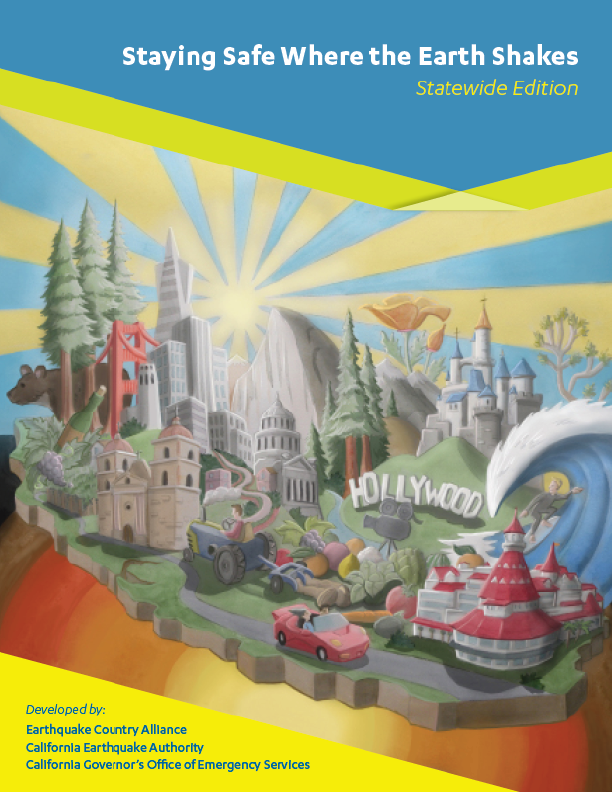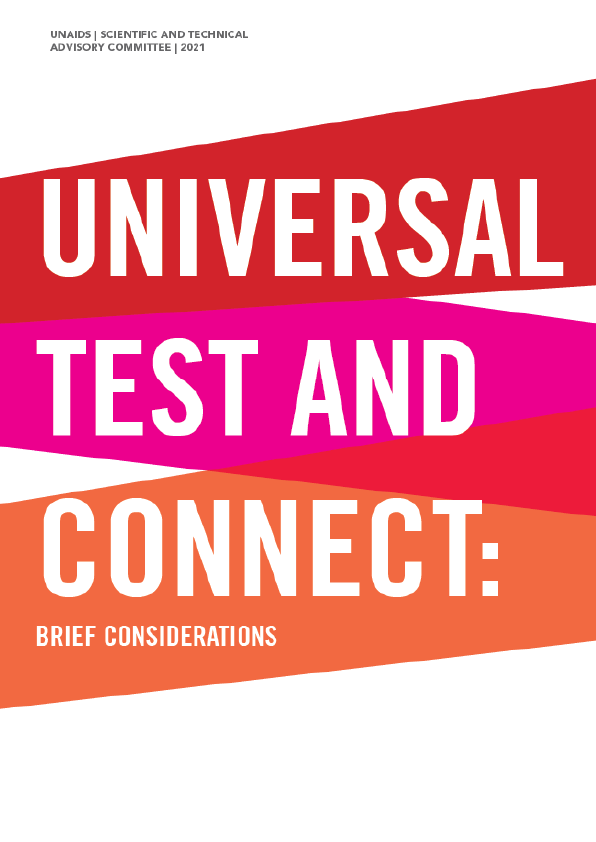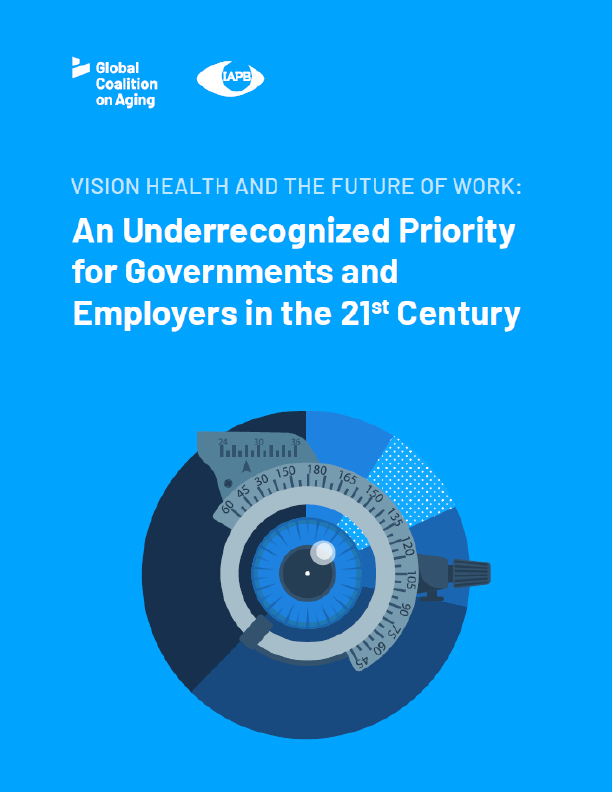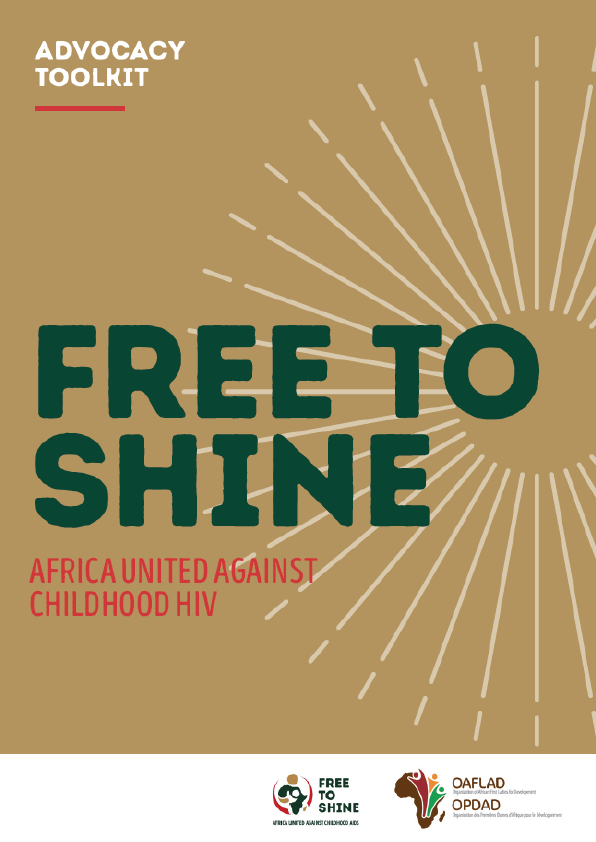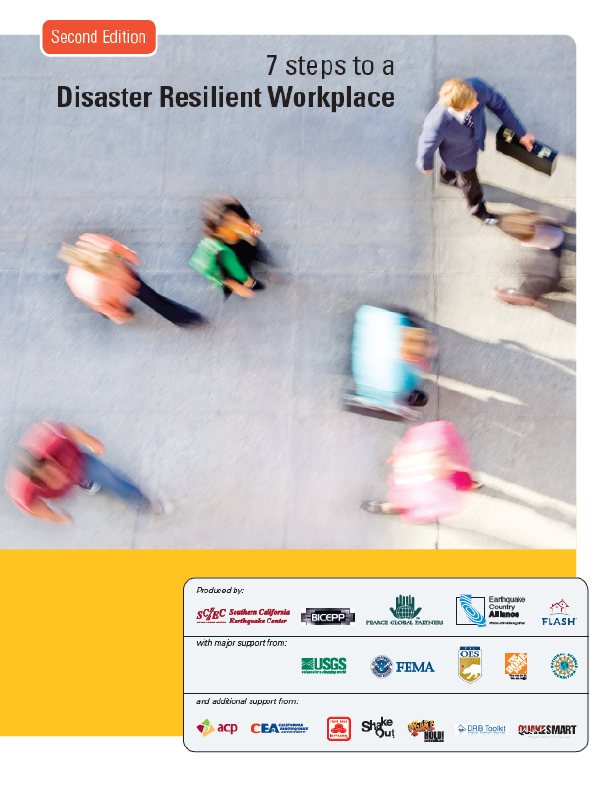Research Methods for Everyday Life
Do you like to know things? Do you ever wonder what other people know or how they know what they do? Have you ever made a decision, and do you plan to make decisions in the future? If you answered yes to any of these questions, then you will probably find the information in this book—particularly the information on research methods—very useful. If you answered no to all of them, I suspect that you will have reconsidered by the time you finish reading this text. Let’s begin by focusing on the information in this chapter. Here we’ll consider the variety of ways that we know things and what makes social scientific knowledge unique. We’ll also consider why any of this might matter to you and preview what’s to come in later chapters.
How Do We Know What We Know?
LEARNING OBJECTIVES
Define research methods.
- Identify and describe the various ways of knowing presented in this section.
- Understand the weaknesses of nonsystematic ways of knowing.
- Define ontology and epistemology and explain the difference between the two.
If I told you that the world is flat, I’m hoping you would know that I’m wrong. But how do you know that I’m wrong? And why did people once believe that they knew that the world was flat? Presumably the shape of the earth did not change dramatically in the time that we went from “knowing” one thing about it to knowing the other; however, something certainly changed our minds. Understanding both what changed our minds (science) and how might tell us a lot about what we know, what we think we know, and what we think we can know.
This book is dedicated to understanding exactly how it is that we know what we know. More specifically, we will examine the ways that sociologists come to know social facts. Our focus will be on one particular way of knowing: social scientific research methods. Research methods are a systematic process of inquiry applied to learn something about our social world. But before we take a closer look at research methods, let’s consider some of our other sources of knowledge.
